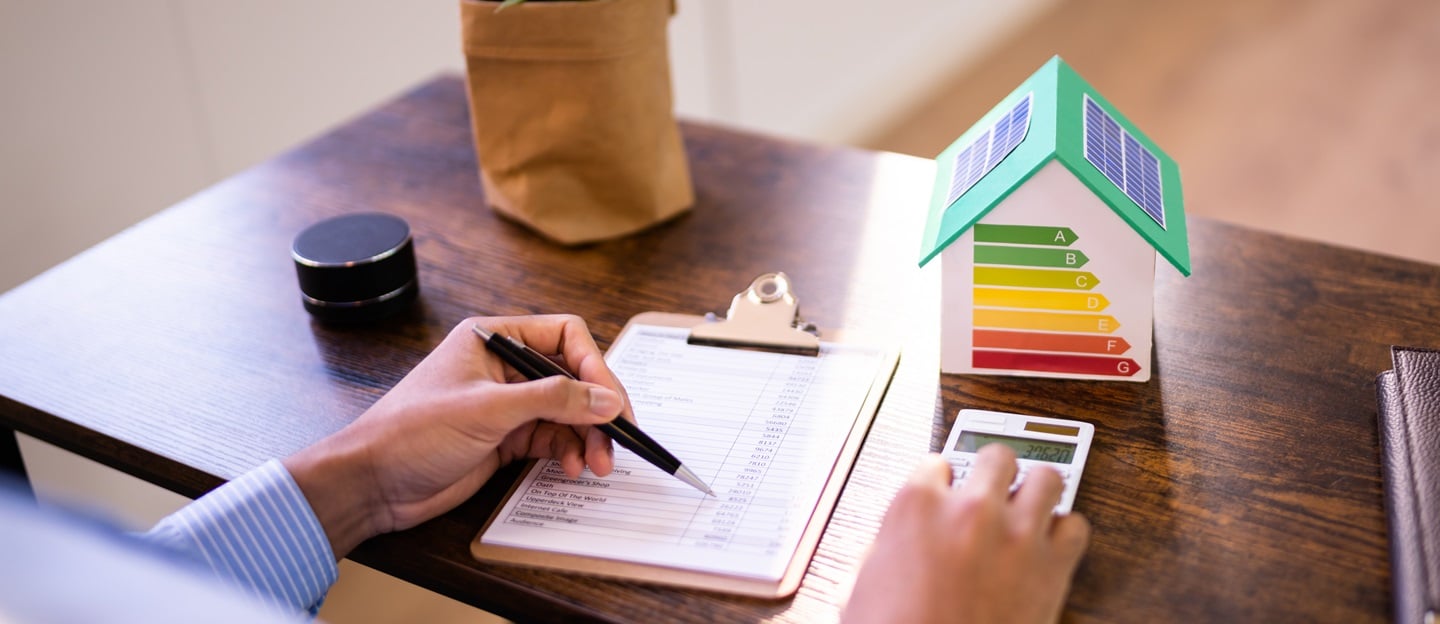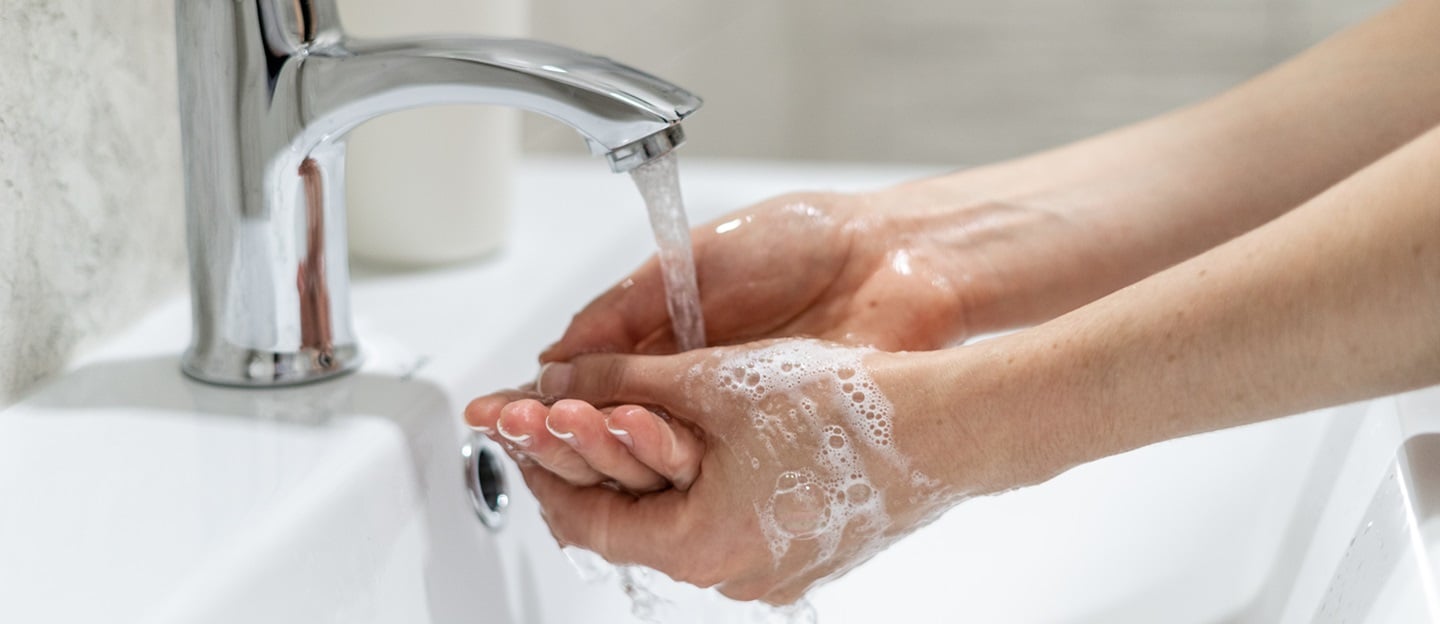How to Choose Water Heater Size for Better Performance & Waste Reduction
Find out how choosing the right water heater size can improve performance and waste reduction.
It turns out that choosing water heater size carefully can reduce the waste and improve the performance of water heaters to a great extent. Yet, this aspect is often ignored by most of the homeowners.
You don’t need to go with whatever your contractor suggests. In this article, we will try to give you some practical tips that will help you determine the proper size for your water heater.
Which model and size of water heater do you need?
For your home, you have a desire to choose every single detail: from the colour of the walls to the quality of your furniture. Have you ever thought about choosing the right size for your water heater? Do you think it is not necessary? In fact, we tell you that it is important to choose the right size water heater both to avoid waste and to get the maximum comfort for your needs. Read the article to the end and find out which water heater size is best for you.
The different characteristics of water heaters
There are different types of water heaters, and each of them has advantages and disadvantages. Let's look at them together:
• The storage water heater is the most common type and is equipped with a storage tank. Its main feature is that it can store hot water until needed. There are both gas and electric models and they have a low cost and are suitable for large families. They use natural gas, propane, fuel oil, electricity, or wood to heat water and store it in a tank. Disadvantage: once the water stored in the tank runs out, you must wait for the water heater to heat up more water again.
• The tankless water heater. It can be gas and electric, and it produces hot water when needed but in limited quantities. Disadvantage: It is generally more expensive, and its water flow rate may be less than usual. when several taps are opened together (e.g. bathroom tap, shower, kitchen tap).
• The hybrid water heater features a heat pump that uses heat from the outside air to heat water and then stores it in a tank. Disadvantage: water heating is tied to external factors that could decrease hot water production.
• The solar water heating system has a tank where heat is stored and a solar collector. You can choose between a water heater equipped with circulation pumps and controls and a passive type that doesn’t use pumps or controls. Disadvantage: this type of water heater is closely related to external factors that could decrease hot water production.
How to choose the right size of water heater?
Needs vary depending on the family and the number of its members. The general advice is to have a water heater between 115 and 150 litres, for a family of one or two people. A family of four, on the other hand, needs a water heater with a capacity of between 150 and 190 litres. Larger water heaters also exist, but they’re not intended for residential use.
Since the cost of heating water consumes almost 20-30% of your household budget, by starting to choose the size of your water heater correctly, you will gain firstly in economic terms and secondly in comfort and well-being, because heating and cooling your home is necessary.





